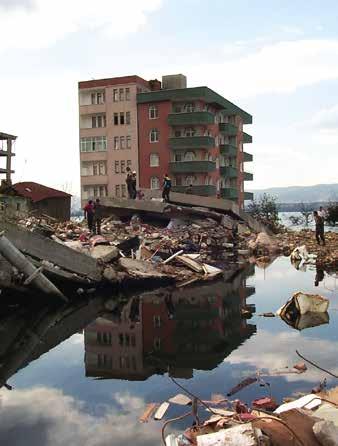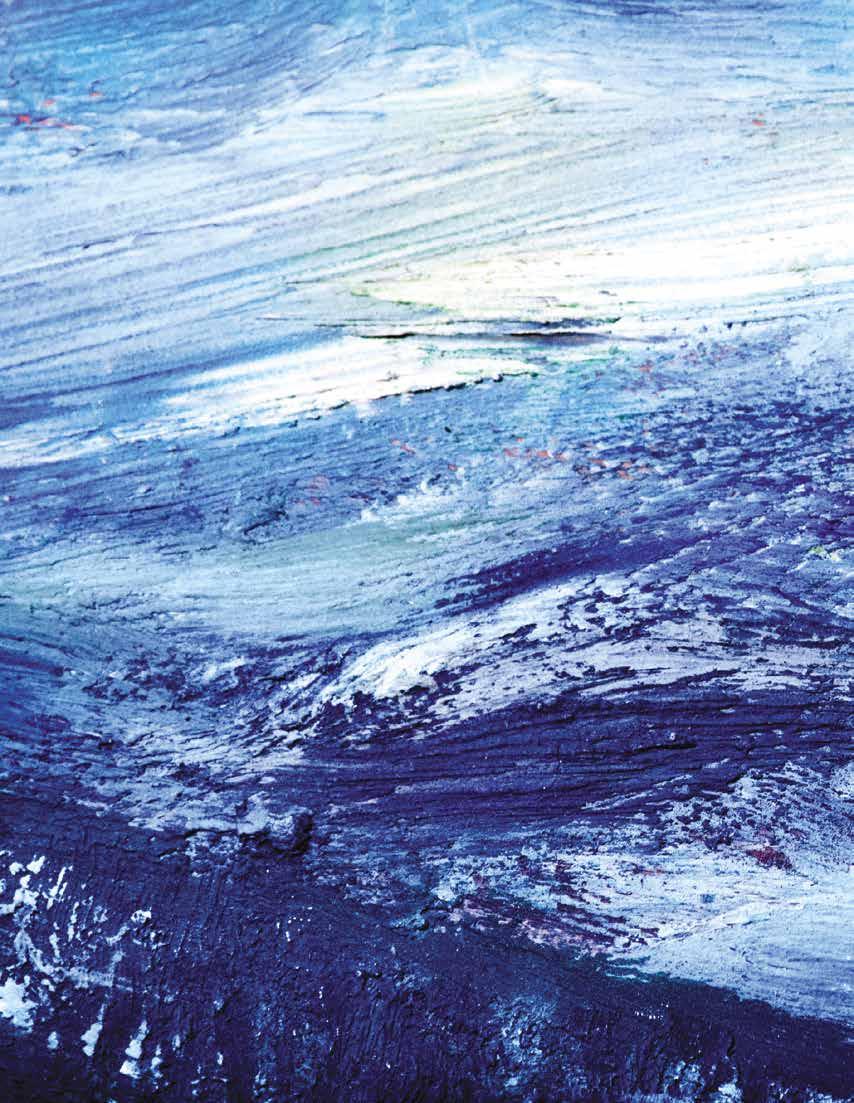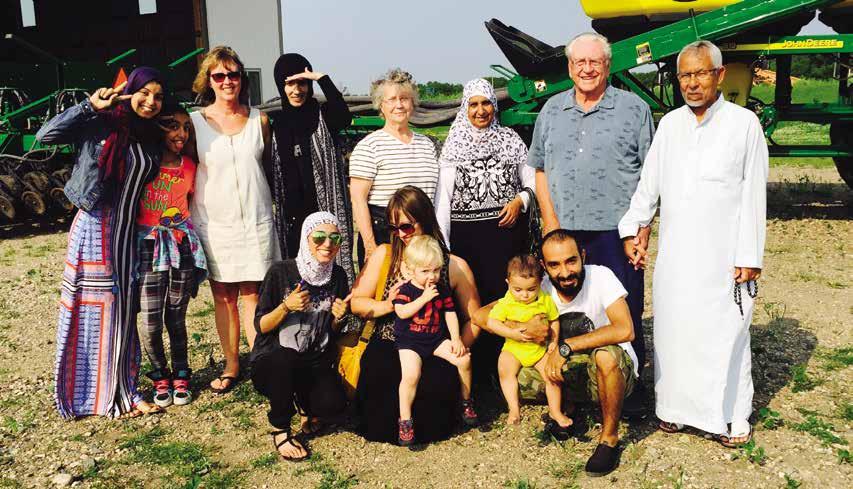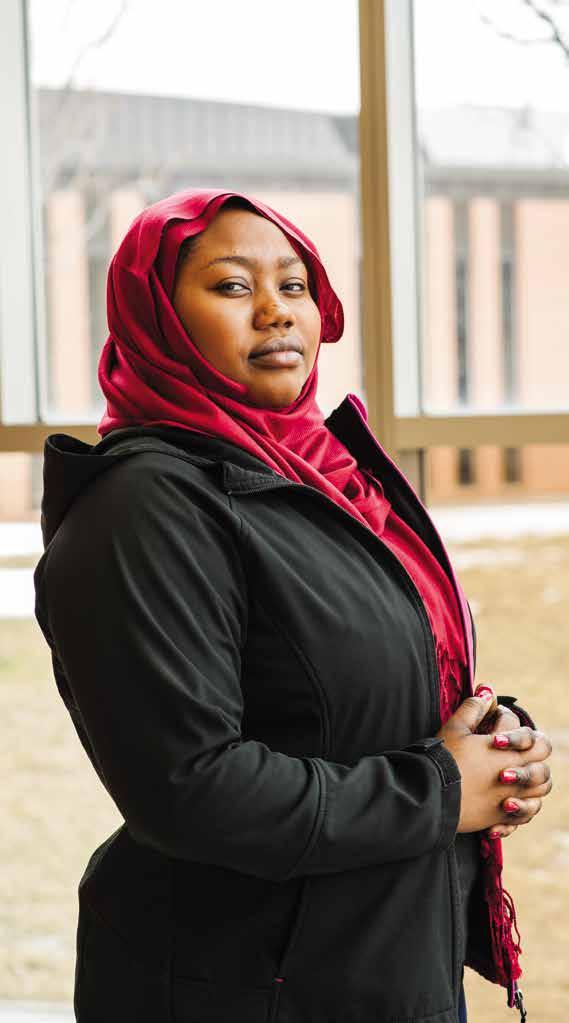
6 minute read
In the Blink of an Eye
By Majda Hussein
“Bang! Bang! Bang!” Gun shots rang out. It was 5 a.m. and we were sleeping in our little house near our farm. We had no idea where the sounds were coming from.
Advertisement
“We need to go to the village and see what is going on,” my dad said anxiously. My heart was beating quickly. I was shaking, nervous, and scared. We found people running away from the village.
“You do not need to see this. The Janjaweed started killing old people and small children,” one person told us nervously. If they found boys, they killed them by putting them in hot water, or throwing them in the scalding fire. Everyone was running, and many children were left behind.
It was 2004, and war had started in Darfur. I heard that the boys were being killed because the Janjaweed didn’t want the boys to grow up and come back to take over the country. My dad and I ran to find my mom, when suddenly we heard a scream.
“My chest!” she cried.
“What happened?” my dad asked, sadly.
“I got hit by one of the Janjaweed,” my mom said.
When she was making her way back to us, she got lost because there were a lot of people running quickly around trying to get to safety. The Janjaweed found my mom in the forest and she heard one say, “Let’s kill her.”
“No, let’s just go,” the other Janjaweed replied. They left my mom, but after awhile, one came back and hit her with the back of his gun. She fell down to the ground.
“I can’t feel my right side of my body,” she cried. There was nothing we could do for her at that moment. My dad and I ran up the street and left my mom behind, so she could get our shoes and some of our clothes.
We ran to another village and stayed for awhile, but soon we had to leave because the rebels were coming again. After running away from a second village in Darfur, we were tired. We kept going, though. We walked, we ran, and sometimes people gave us a ride. We eventually arrived in the Nuba Mountains after three months of walking through wilderness. It was during the rainy season and we didn’t know anybody. We were so hungry, and we didn’t have food to eat. After we stayed there for a couple months, we started to meet people that let us in their houses and shared their food with us. Eventually, the UNHCR [United Nations Refugee Agency] and UNICEF [United Nations Children’s Emergency Fund] came to give us medicine and shelter. We were so thankful that they found us. A woman came and gave us blankets. Her name was Deborah. She was so nice to us. She told us stories about how good America was.
Soon, the government started to kill more people, and my mom fell sick. The doctors could not find medicine for her because the war was spreading fast. We did not have money, so we could not take her to the hospital. People from UNICEF came but they couldn’t help my mom. They ended up taking us to the Kakuma Refugee Camp.
Moving to Kakuma was not easy. We only went because my mom was so sick. We needed a safe place to be until my mom got better. When we first got to Kakuma, it was a good place. We had to stay in an area called the Protection Center for 15 days in order for us to get food and shelter. After we got everything we needed, we left the center. Soon after, my mom and I both got sick with malaria. My dad was not there to help us. Life started to get really difficult in the camp. There was not enough food, so my mom had to work so we could get more food.
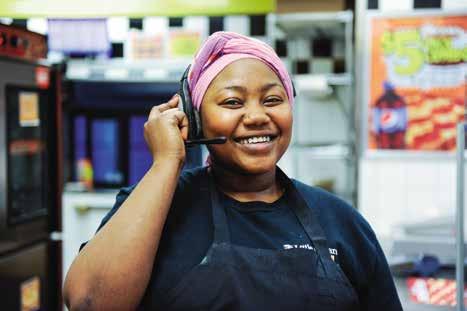
Majda Hussein works as a manager at a Little Caesars restaurant in Fargo, in addition to attending high school classes and raising a son.
Photo by Andrew Cullen.
Eventually, I started going to school in the camp. My dad came to Kakuma and found a job. He got a job for me too. Two years later, in 2008, I was married to a man in the camp. I was just 14 years old. In 2009, I gave birth to a mtoto boy named Juma.
In 2010, the immigration process began for us. We were getting ready to go to America. We waited for two months after doing the difficult paperwork. Finally, one day we found our names on the board in the middle of the camp. We then began medical checkups that lasted two years!
Finally, it was time to leave. The day before I went to America, I was sad. I had to leave my amazing friends and my loving husband behind. That was one of the hardest things that I had ever had to do. The next day, my friends, neighbors, and my husband came to visit me. They helped me take my things to the IOM [International Organization for Migration] office so we could get a flight. We flew from Nairobi to New York. The plane ride was not pleasant. I didn’t understand what the people were saying, and I saw people getting sick. My mom also had a toothache. We stayed in New York for one day, and then the next day we took a flight to Pennsylvania, and then to Fargo.
It was April of 2012 when we landed at the Fargo Airport. Right away, we saw a man and a woman that had a sign with my son’s name on it. We didn’t know if it was meant for us, because they told us the sign would have my family’s last name on it. We began to look for someone else holding a sign that had my father’s name on it. Soon, a man and woman saw our refugee shirts and came to us. They called the name “Juma,” and my son nodded his head. We realized that they had made a mistake with the name. They took us to a car, which was very nice inside. I had never been in a car like that before. We drove to our new apartment and they showed us around. I was shocked because there were many things that I had never seen before, such as indoor plumbing, heat in the house, a stove, and a microwave. I couldn’t believe that my mother, son, and I were so lucky. I thought I was going to spend my whole life in the refugee camp.
Although I was happy with my new place, a sadness took over me. I kept thinking about my husband and the family I left behind. There was a hole in my heart. I knew I should have been happy, but how do you live life without the ones you love? I pray every day that my family will be reunited.
AFRICAN LANGUAGE GLOSSARY
Janjaweed - an armed militia group
mtoto - baby
MAJDA HUSSEIN is twenty years old. She goes to Fargo South High School, and she is a senior. She came to the United States in April 2012 from the Kakuma Refugee Camp in Kenya. Majda speaks five languages: Massalit, Swahili, Arabic, Somali, and English. Majda’s favorite classes are history and math. Her favorite sport is soccer, and her favorite hobby is cooking. Her future plans are to become a certified nursing assistant and then a registered nurse.



